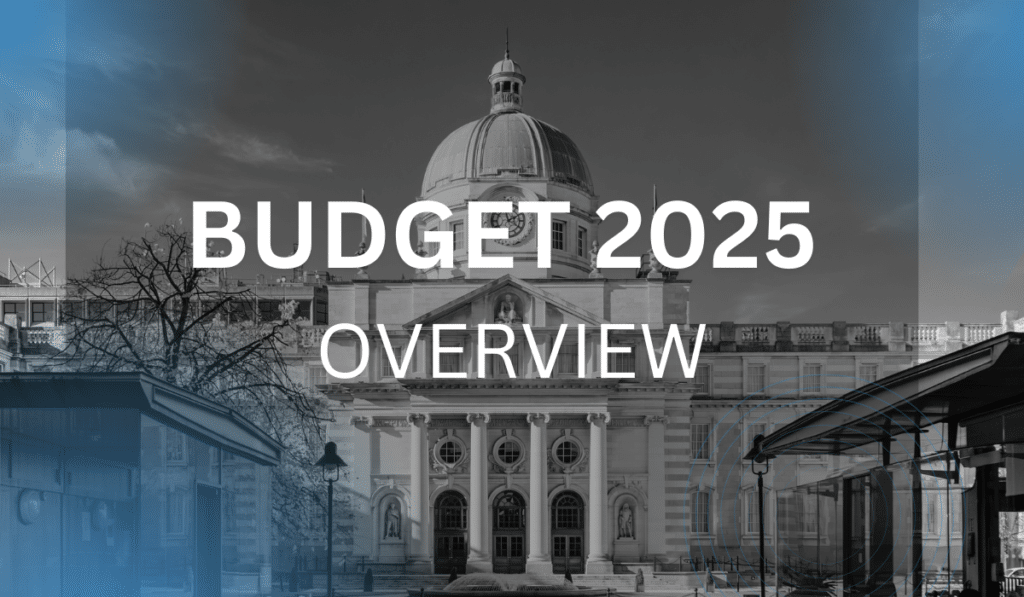If you have €10k-€100k to Invest what should you do with it?
As a Financial Advisor, I generally sense the state of the economy in terms of confidence and prosperity by the number of clients looking to invest monies. Noticeably this has risen over the past few months and generally, the main enquiries we come across are those looking to invest up to a six-figure sum. Whilst I appreciate many of you reading this may not have these monies available, it is all relative to the fact that whether it is €1,000 or €1 Million you may have to invest. Deposit rates are negligible, if you haven’t looked at them recently, check AN Post’s 3-year deposit paying 1% in total. That is €100 on €10,000 over that period. Whilst everyone should have an emergency fund in a bank account (generally about 3 month’s pay) to fall back on, it is not really a suitable home for the vast majority of savers in Ireland for larger amounts. The exception to this is if you need the money within a very short period, that is less than two to three years or if you are elderly or cannot tolerate any risk to the capital whatsoever.
The first thing to do is to explore tax-efficient investments. Take your pension. If you are PAYE or self-employed, revenue will allow you to get marginal relief on your payment into a pension of 20% (lower rate taxpayer) or 40% (higher taxpayer) of a contribution you make. So take an example of someone in their 40’s working earning €40,000 per annum. Even if they have a company pension and pay 5% of their salary into it, they have the ability to pay an additional €8000 per year and get €3,200 of this money back from the Tax man. There is another tax based investment called the Employment Incentive and Investment Scheme. This is a four year scheme aimed at individual higher rate taxpayers to obtain tax relief on investments in qualifying companies in Ireland. This is limited to the amount of income the individual has at the higher rate of income. So if someone is earning €50,000 and is singularly assessed, then they have the ability to put in around €15,000. It provides a 40% tax rebate as well as the potential of additional interest. However, there is a risk of losing some or all of their investment so not for the faint hearted.
My experience is Irish people are obsessed with owning property, not just to live in but as an Investment. If I had a euro for every time a client told me they wanted to buy a property I would be as rich as Bill Gates. You might be thinking you couldn’t get a shoebox for less than €200,000 at the moment and you would be right but there is a way of getting access to the property with less than that. Well, firstly, there are property funds that people can access at low levels. The life assurance companies offer property exposure in property, both residential and commercial, even for someone who can only afford to save €75 per month. I generally recommend these over direct property purchase as these are more liquid (you can sell out of these a lot quicker and easier than having one house or apartment) and they are more diversified as they are spread around more properties generally in different locations. Also, it is a lot less hassle to buy into a fund and a lot of those that tell me they want to buy a property don’t end up doing so as they are time poor and buying a property involves a lot of time and a lot of headaches. Another option is a syndicated property where several investors are brought together to buy a specific asset. Typically these involve larger investment amounts of €25,000 or more and are as sophisticated as they are potentially rewarding /risky. Those not convinced about pooling funds and still looking for direct ownership there is another option. If you have a pension fund accumulated of say €100,000 or more, or if you are a company owner with this sort of money sitting in your company, there is a way you can use this money and leverage it to buy a property of your choice and rent it out. I have organised many clients to use existing pension funds in life companies to borrow up to 50% so €100,000 turns into €200,000 and they buy a property of their choice and rent it. The loan is easier to obtain than a normal loan as it is more dependent on the property and due to the 50% loan to value, the bank is better securitised than a normal purchase. It is extremely tax efficient as the rental income is not liable to income tax or the increase in value liable to capital gains tax. The main drawbacks of this are that you cannot live or work in the property and you cannot do major renovation works.
Traditional Investments aggressively sold by the Banks and Life Assurance companies include managed funds (a pool of assets such as shares and bonds) and structured products which contain a varying level of capital protection and generally 5 to 6 year in length. Whilst these have performed very well over the last 10 years people must remember past performance is not a reliable guide to future performance and should take heed from one of Warren Buffett’s famous quotes “the rear-view mirror is always cleaner than the windscreen”. I am constantly reminding individuals to look out for fees and charges. The difference of an investment which 100% of the monies are placed into with a management fee of 0.75% versus one where 98% is invested at a 1.5% p.a. management charge can halve the return over 5 years. This is based on an assumption of 5% per annum growth and investors must remember the value of investments may go down as well as up. I finish this by saying that there are opportunities but get independent advice and ensure you understand the risk and nature of the investments before you part with your hard earned money.






